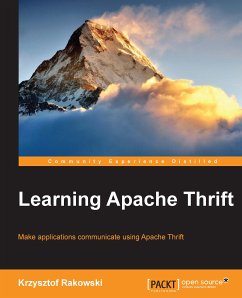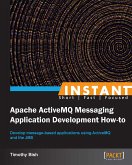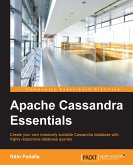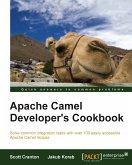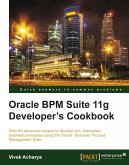With modern software systems being increasingly complex, providing a scalable communication architecture for applications in different languages is tedious. The Apache Thrift framework is the solution to this problem! It helps build efficient and easy-to-maintain services and offers a plethora of options matching your application type by supporting several popular programming languages, including C++, Java, Python, PHP, Ruby, Erlang, Perl, Haskell, C#, Cocoa, JavaScript, Node.js, Smalltalk, OCaml, and Delphi.
This book will help you set aside the basics of service-oriented systems through your first Apache Thrift-powered app. Then, progressing to more complex examples, it will provide you with tips for running large-scale applications in production environments.
You will learn how to assess when Apache Thrift is the best tool to be used. To start with, you will run a simple example application, learning the framework's structure along the way; you will quickly advance to more complex systems that will help you solve various real-life problems. Moreover, you will be able to add a communication layer to every application written in one of the popular programming languages, with support for various data types and error handling. Further, you will learn how pre-eminent companies use Apache Thrift in their popular applications.
This book is a great starting point if you want to use one of the best tools available to develop cross-language applications in service-oriented architectures.
This book will help you set aside the basics of service-oriented systems through your first Apache Thrift-powered app. Then, progressing to more complex examples, it will provide you with tips for running large-scale applications in production environments.
You will learn how to assess when Apache Thrift is the best tool to be used. To start with, you will run a simple example application, learning the framework's structure along the way; you will quickly advance to more complex systems that will help you solve various real-life problems. Moreover, you will be able to add a communication layer to every application written in one of the popular programming languages, with support for various data types and error handling. Further, you will learn how pre-eminent companies use Apache Thrift in their popular applications.
This book is a great starting point if you want to use one of the best tools available to develop cross-language applications in service-oriented architectures.

